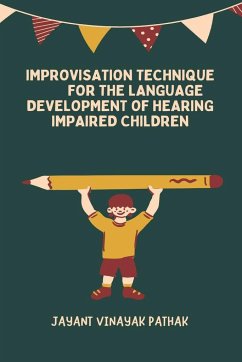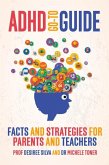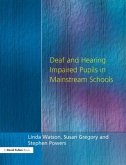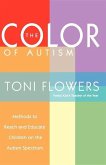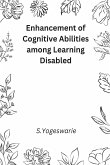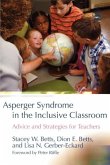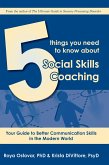Hearing is one of the important factors which decide the 'quality' of our life. Taxing impairment has adverse effects on leading a 'quality' life in the affected individuals. If not attended in time, it comes in the way of the individual utilizing one's own potentials to the maximum. It may be in terms of speech and language development, educational achievement, vocational placement. The occurrence of other disabilities in combination with diminished hearing creates additional learning problems, which significantly add to the complexity of educating the student who is deaf. The three additional disabilities most often reported in children who are deaf are learning disabilities, intellectual disabilities, and emotional/behavioral disabilities. The person observed the difference in Hearing Impaired students' communication among themselves and with normal people. The hearing impaired students are diffident in communication with normal people, but feel free and comfortable with the Hearing Impaired students. The researcher himself tried various forms of dramatics for providing H.I. Students the opportunity of expression that would give them confidence. He got the opportunity of trying the drama as project work for Diploma in Special Education University of Pune. It was written for normal children. However the play was to be presented by hearing impaired girls from Integration Units. They through their gestures and body language established communication with the audience effectively, as if they presented the dialogues in normal Marathi. This experience brought to the notice a very special endeavor of hearing impaired students. It was a very notable experience of sharing drama practices and improvisation with these H.I. students having a moderate loss. Improvisation activities facilitate the sort of language behavior that ought to cause fluency, and if it's accepted that the learners want to find out language so as to form themselves understood within the language, then, improvisation does indeed, further this end. One of the best advantages to be gained from the utilization of drama, songs and games is that students become more confident in their use of language by experiencing the language in operation. Improvisation encourages adaptability, fluency, and communicative competence. It puts language into context, and by giving learners experience of success in real-life situations it should arm them confidently for tackling the planet outside the classroom4. Improvisation encourages students to mobilize their vocabulary, answer grammatical and syntactical accuracy, and develop cultural and social awareness, and gain confidence and fluency. Through constant repetition of words and phrases, they become conversant in them and are ready to say them with increasing fluency by encouraging self- expression; drama, especially, motivates students to use language confidently and creatively5. Improvisation enables the students to flex their emotional, mental also as physical muscles during a safe and controlled setting. the students will develop an increasing facility to satisfy changing and unknown stimuli with immediate responses. Improvisation activities give the scholar several avenues to self-awareness.
